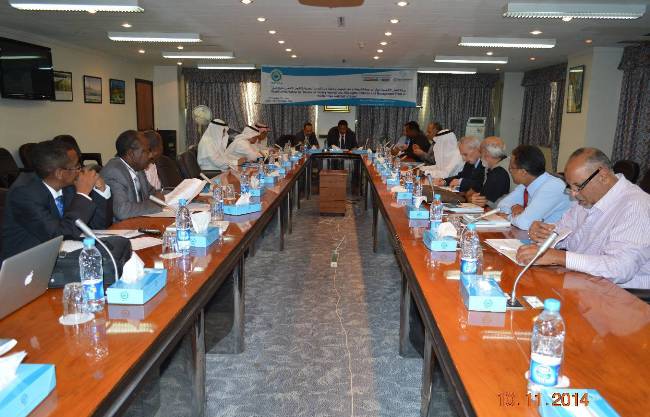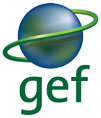
PERSGA organized a regional workshop on “Review of Fishery Legislations, Policies and Management in the Red Sea and Gulf of Aden” during 10-12 November 2014 at PERSGA HQ in Jeddah. The workshop was attended by national experts from PERSGA member states and regional and national consultants.
The workshop was organized in the framework of conducting a regional comprehensive study focusing on review of national and regional legislations, policies and management related to regulation of fishery and protection of marine environment in the region. The review study is planned to be finalized by next April 2015, and is anticipated to assist member states in their systematic national efforts to review and promote existing laws to mainstream relevant international and regional conventions; coping with emerging environmental issues; and facilitate adoption of new concepts and approaches, such as the ecosystem based management (EBM).
Integrated and updated legal systems are considered essential cornerstone for sustainable management and protection of marine environment and living resources. The current regional review study is one of the activities undertaken by component (2) of the “Strategic Ecosystem Management of the Red Sea and Gulf of Aden” regional project, which is executed by PERSGA in collaboration the World Bank (WB) and support of the Global Environmental Facilities (GEF). The project is implemented during 2014- 2017 and addresses regional capacities to implement EBM in management of living marine resources, protected areas and environmental monitoring.
The workshop program chiefly included training of a regional study team on the conceptual approach and research methodology for data collection and review study. This was covered through a series of presentations focused on the principles of ecosystem based approach, and the relevant international/ regional conventions and initiatives, such as CBD, FAO Code of Conduct, etc. The program also included group discussions on issues related to harmonization of environmental and fishery laws, the guidelines and questionnaires for data collection, and the assessment methodologies to be adopted by the study.


